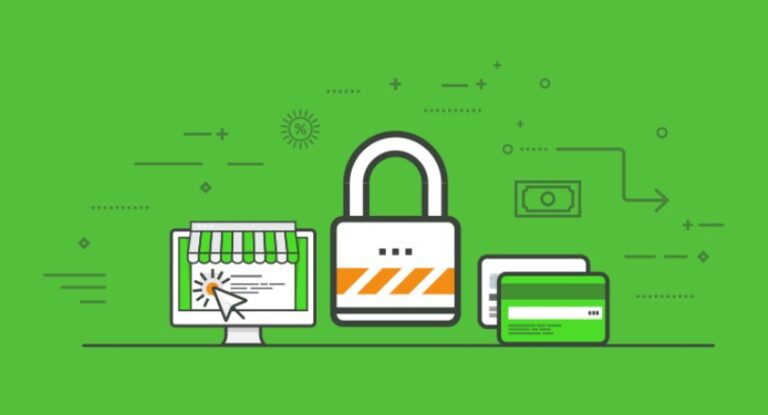Introduction
In today’s digital landscape, ssl monitoring security is paramount. One of the essential tools for safeguarding online data is the SSL certificate. SSL certificates encrypt the connection between users and websites, ensuring data transmission is secure and trustworthy. However, these certificates come with an expiration date. Failure to monitor SSL certificate expiry can lead to several risks that can damage a business’s reputation and even compromise security. In this article, we will explore why regular monitoring of SSL certificate expiry is a must.
The Importance of SSL Certificates
Secure Data Transmission
SSL certificates encrypt sensitive data such as login credentials, ssl monitoring payment information, and personal details, making it nearly impossible for hackers to intercept and misuse this data. A valid SSL certificate ensures that any data exchanged between the user and the server remains secure.
Building Trust with Users
In addition to security, SSL certificates provide visual cues like a padlock icon or “https” in the address bar. These signals reassure users that the website they are visiting is secure, building trust and enhancing the overall user experience.
The Consequences of SSL Certificate Expiry
Loss of User Trust
If your SSL certificate expires, browsers will flag your website as insecure. This can result in visitors receiving warning messages, prompting them to leave your site immediately. This loss of trust can significantly affect your business’s reputation and deter potential customers from engaging with your website.
Negative Impact on SEO
Search engines, particularly Google, prioritize secure websites in their search rankings. Websites with expired SSL certificates may experience a drop in search rankings, leading to decreased visibility and traffic.
Vulnerability to Cyber Attacks
Expired SSL certificates can expose your website to various security threats. Without an active certificate, the encrypted connection between the server and the user is no longer secure, making it easier for hackers to intercept sensitive information.
Why Regular Monitoring is Critical
Avoiding Unexpected Expiry
SSL certificates have a fixed validity period, typically ranging from 90 days to two years. Without proper monitoring, it’s easy to forget about renewal until it’s too late. Regular monitoring helps prevent certificate expiry by sending timely reminders to renew or replace the certificate before it lapses.
Maintaining Website Uptime
Expired SSL certificates can lead to website downtime. Visitors may be blocked from accessing your site, which can result in lost sales, reduced engagement, and a negative impact on your brand’s credibility. Monitoring ensures that your site remains accessible and secure at all times.
Automating the Process
There are several tools and services available that allow businesses to automate the monitoring of SSL certificates. These tools provide alerts when a certificate is nearing expiration, reducing the risk of oversight and ensuring your website stays secure.
Best Practices for SSL Certificate Monitoring
Set Up Alerts
Use monitoring tools to set up automatic alerts for upcoming SSL certificate expirations. This ensures that you are notified well in advance, giving you ample time to renew or replace the certificate.
Regularly Audit SSL Certificates
Perform regular audits of all SSL certificates across your domains. This will help identify any certificates that are nearing expiration or have already expired, enabling you to take prompt action.
Implement Automated Renewal
Many certificate authorities offer automated renewal services. By enabling this feature, you can reduce the risk of forgetting to renew your SSL certificates, ensuring continuous security.
Conclusion
SSL certificates play a crucial role in maintaining website security and user trust. However, their effectiveness is contingent on timely renewal. Regular monitoring of SSL certificate expiry is not just a good practice; it’s essential to avoid security vulnerabilities, protect your brand’s reputation, and maintain a competitive edge in search rankings. By incorporating automated tools and setting up alerts, businesses can ensure that their SSL certificates are always up to date, providing secure and seamless online experiences for users.

